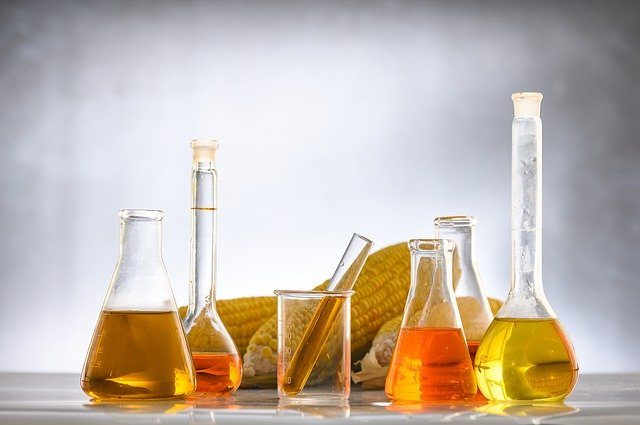A Low Carbon Fuel Standard (LCFS) program is designed to decrease the carbon intensity (CI) of a state’s fuel supply by requiring suppliers to purchase credits corresponding to fossil fuels they sell and offering tax incentives to those providing renewable options. The revenue generated by selling credits is then used to finance the state’s energy transition, particularly by funding the public infrastructure necessary to promote the use of renewable fuels.
A critical component of LCFS programs is the reporting and verification mechanisms they use, such as biogenic carbon testing using ASTM D6866 method.

California became the first state with an LCFS program when it started its program in 2011. The program is administered by the California Air Resources Board (CARB). The goal of the program started with a 10% CI reduction of transportation fuels by 2020 and was raised to 20% by 2030 through a 2015 amendment. California’s LCFS program credits are currently worth about $80, with the total market value of the credits slightly above $50 million.
California uses the CA-GREET model for lifecycle CI calculations in the program. California requires biogenic content testing following the ASTM D6866 standard for verifying the renewable portion of emissions from co-processed fuels.
The state of Oregon began its Clean Fuel Program in 2016. The program requires a 10% reduction in average carbon intensity from 2015 levels by 2025, followed by a 20% reduction by 2030 and 37% reduction by 2035. The program’s credits are currently worth about $175, with about $60 million worth of credits traded in April 2023.
Oregon uses the OR-GREET model for lifecycle CI calculations. Unlike the CA-GREET, under the OR-GREET model direct emissions from renewable sources are not counted toward lifecycle emissions. Oregon requires biogenic content testing following the ASTM D6866 standard for verifying the renewable portion of emissions from municipal solid waste (MSW) and co-processed or co-fired fuels.
At the start of 2023, Washington became the third state to enact an LCFS with its Clean Fuel Program. Washington’s LCFS program requires fuel suppliers to gradually reduce the CI of transportation fuels to 20% below 2017 levels by 2038. The program has not published official data on its credits yet, but analysts project their value will stabilize at about $35-$40 dollars by 2025.
British Columbia became the first Canadian province to introduce an LCFS program in 2013. The program was amended to its current form in 2023, raising the program’s target carbon intensity reduction from 20% to 30% by 2030 among other changes. Credits traded during the updated program’s trial phase in 2022 were worth an average of $445 and total trade was worth a bit over $50,000.
Both Washington and British Columbia LCFS programs do not currently require biogenic content testing, but neither program has had an MSW or co-processing project yet. Both programs accept applications for new pathways.
New York, Vermont, Michigan, Illinois, Minnesota and New Mexico currently have bills in their legislature which would establish an LCFS program. Coalitions in many other states are working to introduce legislation. In addition, a bill recently introduced in the United States House or Representatives would establish a national LCFS specifically for aviation fuels.
References:
“Low Carbon Fuel Standard” – California Air Resources Board.
“Oregon Clean Fuels Program” – Oregon Department of Environmental Quality.
“Clean Fuel Standard.” – Washington Department of Ecology.
“Renewable and Low Carbon Fuel Requirements Regulation” – Government of British Columbia.
“As LCFS Programs Proliferate, Don’t Get Behind the 8-Ball.” Stillwater Associates.

You might also be interested in:
– Tax Credits for Renewable Chemical Producers in the US
– Co-Processing Refineries in Canada Get Credits under the Clean Fuel Regulations
– US Renewable Fuels Standard Program (RFS)
Subscribe to Beta’s newsletter to receive news of upcoming webinars and other industry updates.
This entry was posted on Tuesday, May 23rd, 2023 and is filed under Biogenic Carbon Testing of Biofuels, Renewable Carbon .